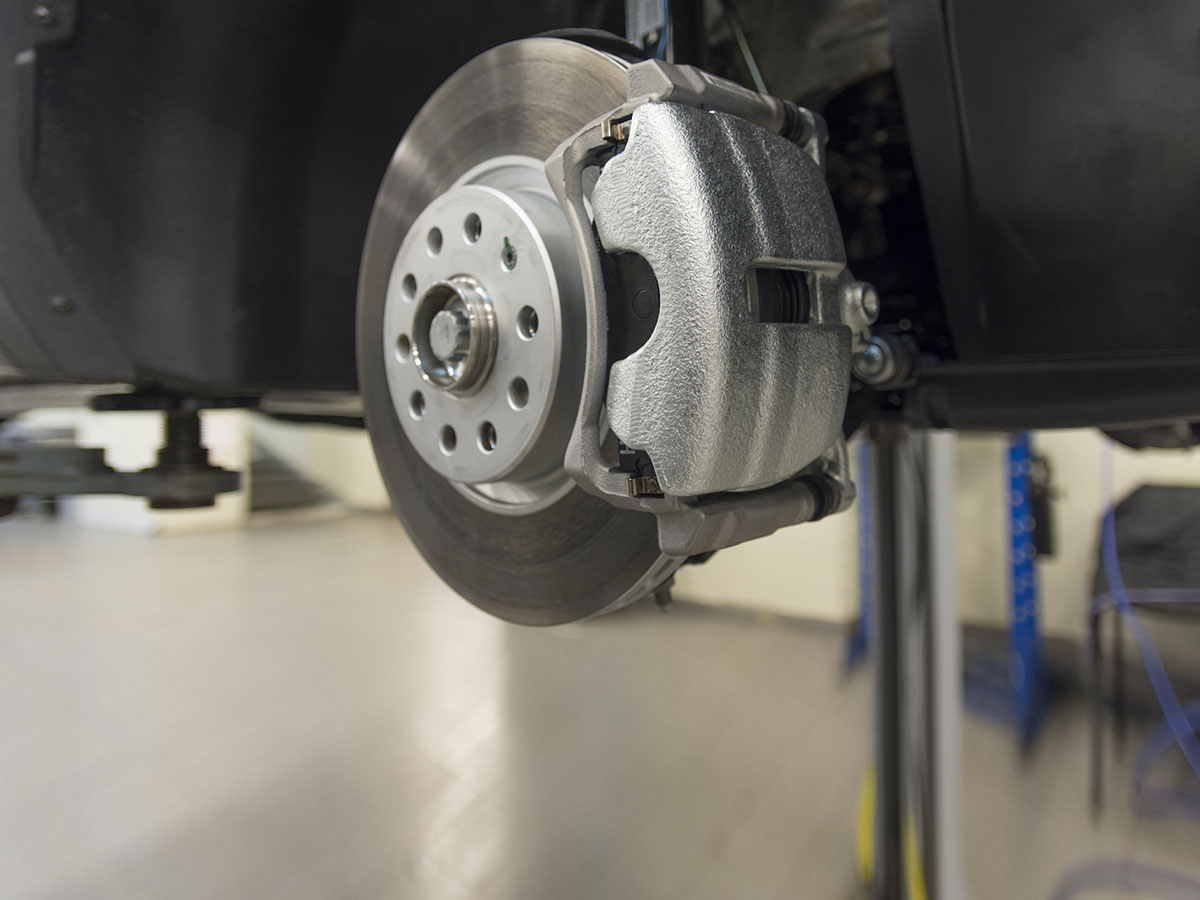When you think about your Toyota Camry, you likely appreciate its reliability and smooth ride. But how often do you consider the brake pads that keep you safe on the road?
Knowing how long your Toyota Camry brake pads last is crucial to maintaining your vehicle’s performance and safety. You might be wondering if it’s time for a replacement or if there’s a simple way to check their condition. Understanding the lifespan of your brake pads can prevent unexpected issues and save you from costly repairs.
As you delve deeper into this article, you’ll uncover the secrets to prolonging your brake pads’ life and learn whether bleeding the brakes is necessary when changing them. By the end, you’ll have all the knowledge you need to keep your Camry running smoothly and safely. Ready to become an expert on your car’s brake pads? Let’s get started!

Credit: www.keithpiersontoyota.com
Do You Need To Bleed The Brakes When Changing Pads
Bleeding the brakes isn’t always necessary when changing pads, but it ensures optimal performance. Toyota Camry brake pads typically last around 30,000 to 70,000 miles, depending on driving habits and conditions. Regular checks can prevent unexpected wear.
Changing brake pads is a common maintenance task for Toyota Camry owners. While replacing the pads is straightforward, many wonder if bleeding the brakes is necessary. Let’s delve into the details to ensure your brake system stays in top shape.
Understanding Brake Bleeding Brake bleeding is important when air enters the brake lines. Air can affect brake performance. Here’s what you need to know: – Air in Brake Lines: Air can cause a spongy brake feel. It may also reduce braking efficiency.
– Brake Fluid: Old brake fluid can absorb moisture. This could lead to corrosion or reduced braking power. – Pressure Maintenance: Bleeding maintains proper pressure. It ensures your brakes function correctly. When to Bleed Brakes Knowing when to bleed brakes is crucial.
It ensures optimal performance. – Fluid Change: If changing brake fluid, bleed the brakes. This removes old fluid and air. – Spongy Brakes: If brakes feel soft, bleeding is needed. This helps restore firmness. – Brake System Work: After major repairs, bleed brakes.
This ensures no air remains in the system. Steps to Bleed Brakes Bleeding brakes requires specific steps. Follow these for a smooth process: – Prepare Tools: Gather necessary tools and safety gear. You’ll need a wrench and a container for old fluid.
– Locate Bleeder Valve: Find the valve on each brake caliper. It’s usually near the top. – Release Air: Open the valve, then pump the brake pedal. This pushes air and old fluid out. – Close Valve: Tighten the valve once fluid flows smoothly.
Ensure no leaks are present. Advantages of Brake Bleeding Bleeding brakes has several benefits. These ensure your safety on the road. – Improved Braking: Removes air for better brake response. This enhances your car’s stopping power. – Extended Lifespan: Reduces wear on brake components.
Proper fluid levels can prolong their life. – Safety Assurance: Ensures brakes work efficiently. This provides peace of mind while driving. No Need for Bleeding? Sometimes, bleeding may not be necessary. Here are instances when you might skip it: – Pad Replacement Only: Just swapping pads?
Bleeding might be unnecessary. Air usually stays out of the system. – No Fluid Change: If not changing fluid, bleeding might not be required. Check for air before deciding. Understanding when to bleed brakes ensures your Toyota Camry’s reliability. Keep these points in mind for a smooth driving experience.

Credit: nrsbrakes.com
Conclusion
Toyota Camry brake pads typically last between 30,000 to 70,000 miles. This depends on driving habits and conditions. Regular checks can extend their lifespan. Listen for squeaking or grinding noises. These are signs to replace the pads. It’s crucial for safety and performance.
Bleeding brakes isn’t always necessary when changing pads. But it can help maintain brake efficiency. Always consult a professional mechanic for advice. Proper maintenance keeps your Camry running smoothly. Drive safe and ensure your brakes are in top condition. Regular inspections prevent unexpected issues.
Keep your Toyota Camry dependable and safe on the road.
